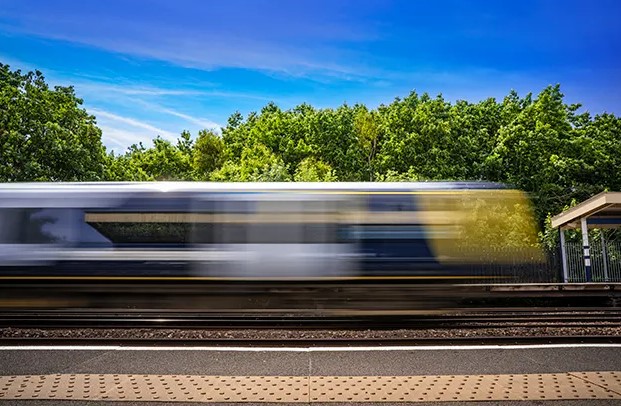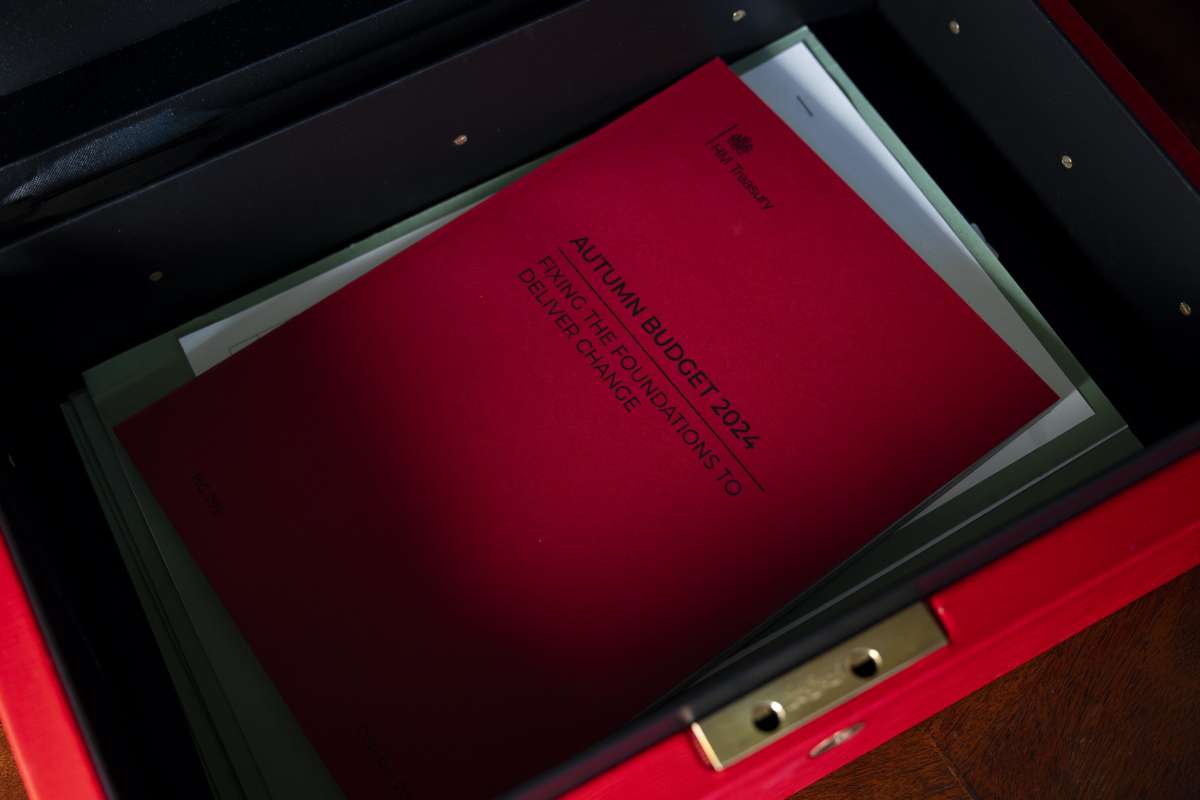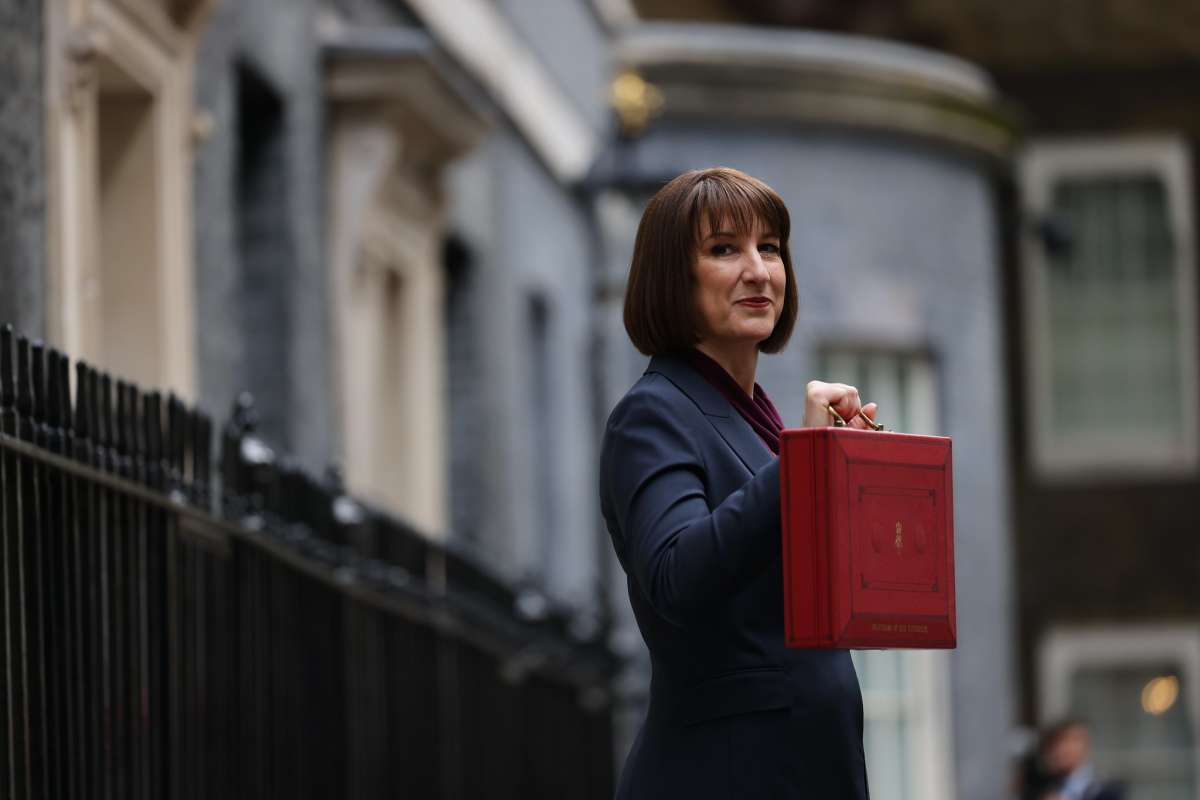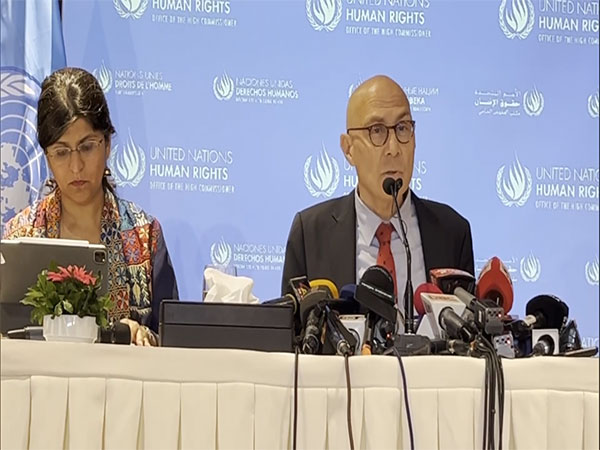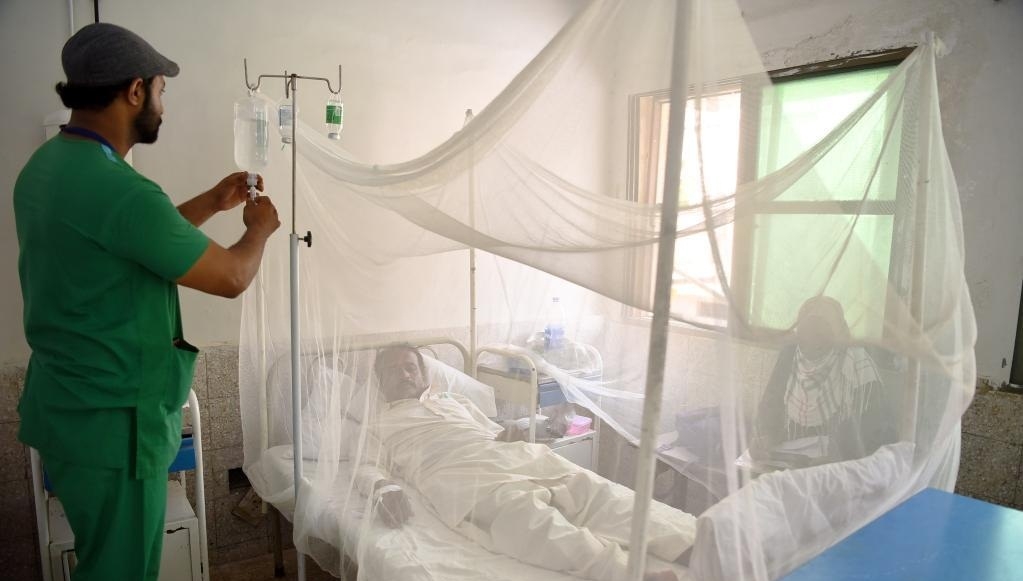While Rachel Reeves made no reference to train fares in her budget speech, the government said the rise would be “the lowest absolute increase in three years”…reports Asian Lite News
Rail fares will go up by 4.6% next March, the government disclosed alongside the budget – meaning they will rise above inflation for only the second time in 12 years. Meanwhile, the cost of most railcards will rise by £5, or almost 17%.
The increase has been set at 1% above retail prices index (RPI) inflation in July – which at 3.6% was substantially higher than the 2.2% consumer prices index (CPI) measure usually referred to by government.
While Rachel Reeves made no reference to train fares in her budget speech, the government said the rise would be “the lowest absolute increase in three years”.
However, fare rises in the past two years rose at rates considerably below RPI inflation. Since 2013, regulated fares – those set by government – have only increased above the rate of RPI inflation once, in 2021, when the industry had suffered a huge drop in passenger revenues during the pandemic.
Public subsidy to the railway rose by almost £10bn annually during the pandemic, when the government was forced to scrap franchising. Passenger revenues remain well below pre-pandemic levels, hurt by the trend of working from home. In subsequent train operating contracts the state has taken on liability for all revenue risks and firms receive a management fee.
In documents published alongside the budget, the Treasury said: “These policies will support the secretary of state for transport’s plans for reform, which will increase efficiency and reduce costs, while boosting ridership and revenue and improving performance, laying the groundwork for the transition to Great British Railways.”
The £5 increase in the price of most railcards will exclude the railcard for disabled passengers. The Treasury said railcards, which generally cost £30 a year, save users an average of “up to £158” annually.
The fare increase will apply in England from 2 March 2025. Almost half of rail fares in England are directly set by Westminster, with the devolved Scottish and Welsh governments usually capping fares at a similar level. Regulated fares include season tickets on most commuter journeys, off-peak returns on long-distance routes and flexible tickets for urban rail.
Campaigners and industry figures criticised the rise, which came as the chancellor followed Conservative chancellors in again freezing fuel duty on motorists.
Paul Tuohy from Campaign for Better Transport said: “Raising rail fares above inflation and hiking the cost of railcards is a kick in the teeth for people who rely on public transport, especially those on low income. Doing this at the same time as keeping fuel duty frozen sends entirely the wrong message. To tackle air pollution, congestion and climate change, we need to make public transport the attractive, affordable choice.”
Andy Bagnall, the chief executive of Rail Partners, representing private train operators, said: “Government should set fares at a level that will ultimately encourage more people to travel by train … The focus must be on growing passenger numbers, not making current passengers pay more.”
Rail passengers could be entitled to compensation after Northern was accused of breaking its fare evasion rules to prosecute commuters.
The train operator said on Monday all prosecutions of people accused of using a 16-25 railcard to obtain a discount at the wrong time of day were being withdrawn – with less than 25 previous cases being reviewed.
The company was criticised for prosecuting young people after they used their railcards in a way that would have saved a few pounds on morning journeys.
Under Northern rules, passengers with a railcard travelling on the wrong train must be offered the chance to pay back the deficit on the spot, the Telegraph reported.
A Northern spokesperson said: “We understand that fares and ticketing across the railway can, at times, be difficult to understand, and we are reviewing our processes for ensuring compliance with ticket and railcard terms and conditions. With regard to recent reported cases involving use of the 16-25 railcard with fares under £12 before 10am, we are withdrawing any live cases and will also look to review anyone who has been prosecuted previously on this specific issue.
“We are actively engaged with government and industry to simplify fares to help customers.”
Restrictions on a 16-25 railcard, which can also be bought by full-time students, mean discounts can only be applied to an “anytime” ticket before 10am if the fare is £12 or more, requiring cardholders to pay full fare for cheaper tickets.
However, there are exceptions to this rule: railcards can be used on early morning trains at a weekend, or during the months of July and August. Some rail users said the rules were confusing and they had fallen foul of the regulations after buying discounted tickets, unaware that their railcards were not valid.
Sam Williamson, 22, received a letter from Northern threatening him with prosecution over a £1.90 fare discrepancy after he mistakenly used his railcard on a morning train from Manchester to London on 5 September.
Last week, in a social media post seen by millions, Williamson told how he had received the notice from the government-owned operator. The engineering graduate from Glossop in Derbyshire said he was subsequently contacted by the train operator notifying him that it would “be taking no further steps” against him.
A Department for Transport spokesperson said: “We expect Northern and all operators to ensure their policy on ticketing is clear and fair for passengers at all times. Northern are reviewing the details of these cases and will report back to the department.
“It is clear that ticketing is far too complicated with a labyrinth of different fares and prices, which can be confusing for passengers. That’s why we have committed to the biggest overhaul of our railways in a generation, including simplifying fares to make travelling by train easier.”
ALSO READ: Reeves Tastes Speaker’s Fury

